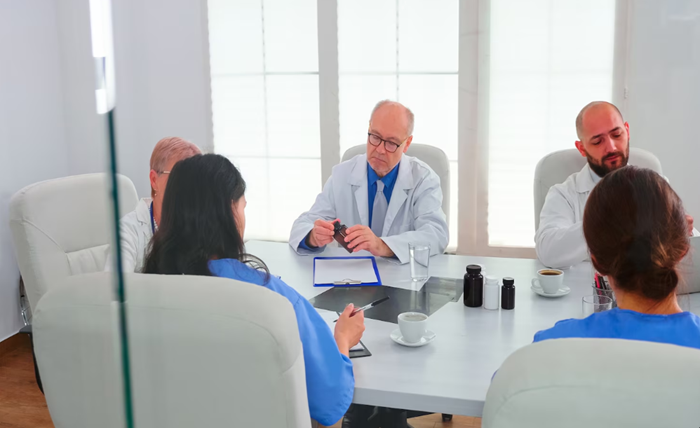Medicine Meets Justice: Setting the Stage
In a malpractice trial over a botched spinal surgery, jurors sat frozen as a neurosurgeon calmly dismantled the opposing expert’s claims by pointing directly to post-op imaging. That testimony didn’t just sway them. It sealed the verdict. The stakes in such moments are brutal. Millions in damages, a physician’s license, a patient’s reputation for truthfulness—lives and livelihoods ride on a few hours of testimony. Medical expertise in court is not just commentary. It’s the translation of dense, unforgiving science into the legal language that determines outcomes.
From Clinic to Courtroom: The Rise of Medical Expert Witnesses
Once, a jury might have heard nothing more than a handwritten note from a treating physician. Now, they get a credentialed specialist grilled under oath, often backed by years of peer-reviewed publications. The shift was driven by evolving evidentiary standards like Frye and Daubert, which weeded out thin or unreliable opinions. Over time, the role has matured into its own professional lane. The best medical experts are fluent in both anatomy and adversarial process.
Selecting the Right Physician Consultant for Legal Testimony
The wrong choice can tank a case before it starts. Credentials matter: board certification in the relevant specialty, current clinical practice, a publication history that can withstand scrutiny, and a track record of not crumbling in depositions. A smart litigator stress-tests an expert with mock cross-examinations, checks peer references, and studies prior testimony transcripts for cracks under pressure. If you need a vetted physician expert witness, skip the blind search and go where the field’s heavy hitters are known to gather.
Breaking Down Effective Expert Testimony
A powerfully constructed report begins with unassailable qualifications and a tightly defined scope. Then it dives into methodologies and findings in English, not medical shorthand. Jurors are human; a model of a fractured femur will outlive a paragraph of jargon in their memory. Every chart, scan, or 3D render should serve one purpose—burn the key fact into their minds without distortion. Turning raw data into a concept they can explain to each other in deliberation is the mark of mastery.
Navigating Challenges in Medical Testimony
Medical experts can torpedo themselves with jargon that flies over the jury’s head, bias-hued statements, or conclusions that try to cover too much ground. Explain early where your opinion stops. Expose the edges of your own expertise before the other side does. Prepare for the inevitable curveball with pre-rehearsed, surgical explanations that make even complex concepts land cleanly.
Optimizing Lawyer-Doctor Collaboration in Court
Bring the expert in early so they understand not just the chart but the story the evidence must tell. Share every useful piece of data, no matter how minor it seems. Run mock examinations that simulate the hostile, rapid-fire rhythm of a real cross. Respect the ethical guardrails of medicine while crafting the trial strategy. Nothing sabotages credibility faster than straying into advocacy at the expense of objectivity.
Real-World Impact: Physician Testimony That Shaped Verdicts
In a publicized birth injury case, a perinatologist’s analysis of fetal monitoring strips convinced jurors the harm was preventable, pivoting the decision toward a substantial plaintiff’s award. In a landmark NFL concussion lawsuit, neurologists interpreted imaging and neuropsych tests to link gameplay to chronic symptoms, influencing both liability findings and the structuring of eventual settlements. In both, the evidence wasn’t just presented—it was made undeniable.
The Last Word: Medical Expertise as a Pillar of Justice
When it’s good, medical testimony is the spine on which complex litigation stands. When it’s sloppy or misaligned, cases collapse. The next wave will mix telemedicine evaluations with AI-powered drafting tools and immersive courtroom visuals. Medicine and law will continue to walk into court side by side, shaping verdicts where the science is as decisive as the statute.


